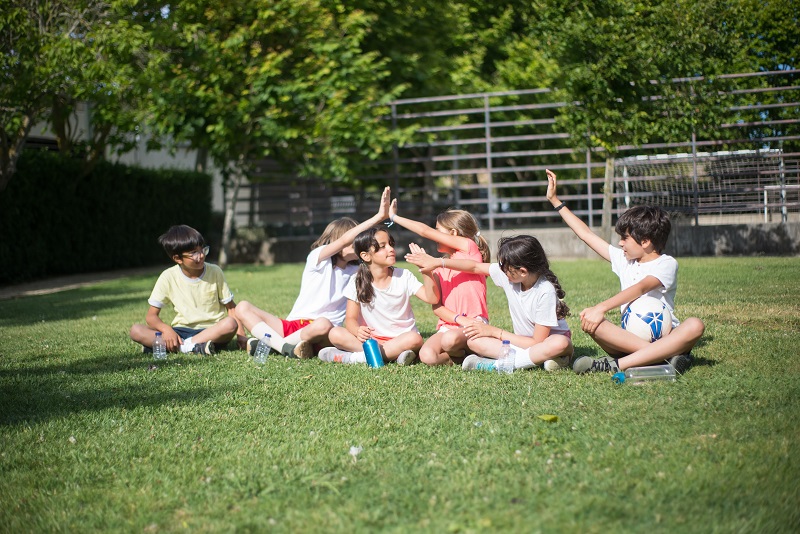
Watching a child who desperately wants to make friends but doesn’t know how is perhaps the most heartbreaking experience for a parent. Children with autism are frequently characterized as socially distant and uninterested. These kids might not be completely uninterested. It’s possible that the environment or the pressure to communicate is too overwhelming. However, there is hope for enhancing the social skills of children with autism.
What Are Social Skills?
The abilities we use to communicate and interact with others on a daily basis. They include speech, gesture, facial expression, and body language, as well as nonverbal communication.
Children’s social skills include:
- play skills like sharing toys or taking turns in games;
- conversation skills like choosing what to talk about or how to use body language;
- emotional skills like managing emotions and understanding how others feel;
- problem-solving skills like resolving disputes or making decisions in social situations.
How to Improve Your Child’s Social Skills
Children with autism can improve their social skills through therapy and expert interventions. However, for best results, parents and other caregivers must also reinforce social skills training at home.
The following are some strategies that parents and other caregivers can use:
Social Stories
Are stories that teach children specific social skills that they may find confusing or difficult to comprehend. The story aims to help the child understand by describing a specific circumstance in detail and suggesting a socially acceptable response.
Role-Play
A child can learn about expected and unexpected behavior in a given situation through role-playing. For instance, practise playground/party scenarios where the child does not know anybody. Model and compile a list of possible responses:
To join others who are playing (e.g. “Can I play too?”).
To introduce yourself (e.g. “Hi my name is ….”).
To politely negotiate with peers (e.g. “I don’t want that one. Can I have the blue car please?”).
Video-Modelling
If a child is anxious about a social activity, such as going to the dentist, you can watch videos of people or kids during a dental visit. Let the child know what to expect when they arrive at the clinic. Additionally, it may help the child know basic courtesy skills like greeting the doctor and following instructions.
Visual Support
Could be prompt cards, checklists, pictures, or words, depending on your child’s learning needs. Make a poster of the rules to remember when starting a conversation, such as speaking in a friendly voice, making eye contact, and using greetings like “hello” appropriately.
Understanding social skills with your child is an excellent foundation for a fulfilling life. Keep in mind that you should reward good behavior less frequently as you progress. Determine the most effective tapering schedule with a therapist. The idea is that a child’s behavior becomes more natural as they improve at a skill like conversation.
“Success is its own kind of reward for that child and for the parent who gets to witness it when a child has a successful conversation or makes a new friend.”
We at Nurture Pods believe that children with autism benefit greatly from early intervention. We only use proven programming and interventions that have been shown to have an impact on children with autism because we are committed to providing your child with therapy of the highest possible quality. Get in touch with us right away to learn more about our ABA therapy services and how you can assist your child in developing the communication skills that will help them succeed in all aspects of their lives.
Written by: Alex Liau
Published on 23 February 2023





